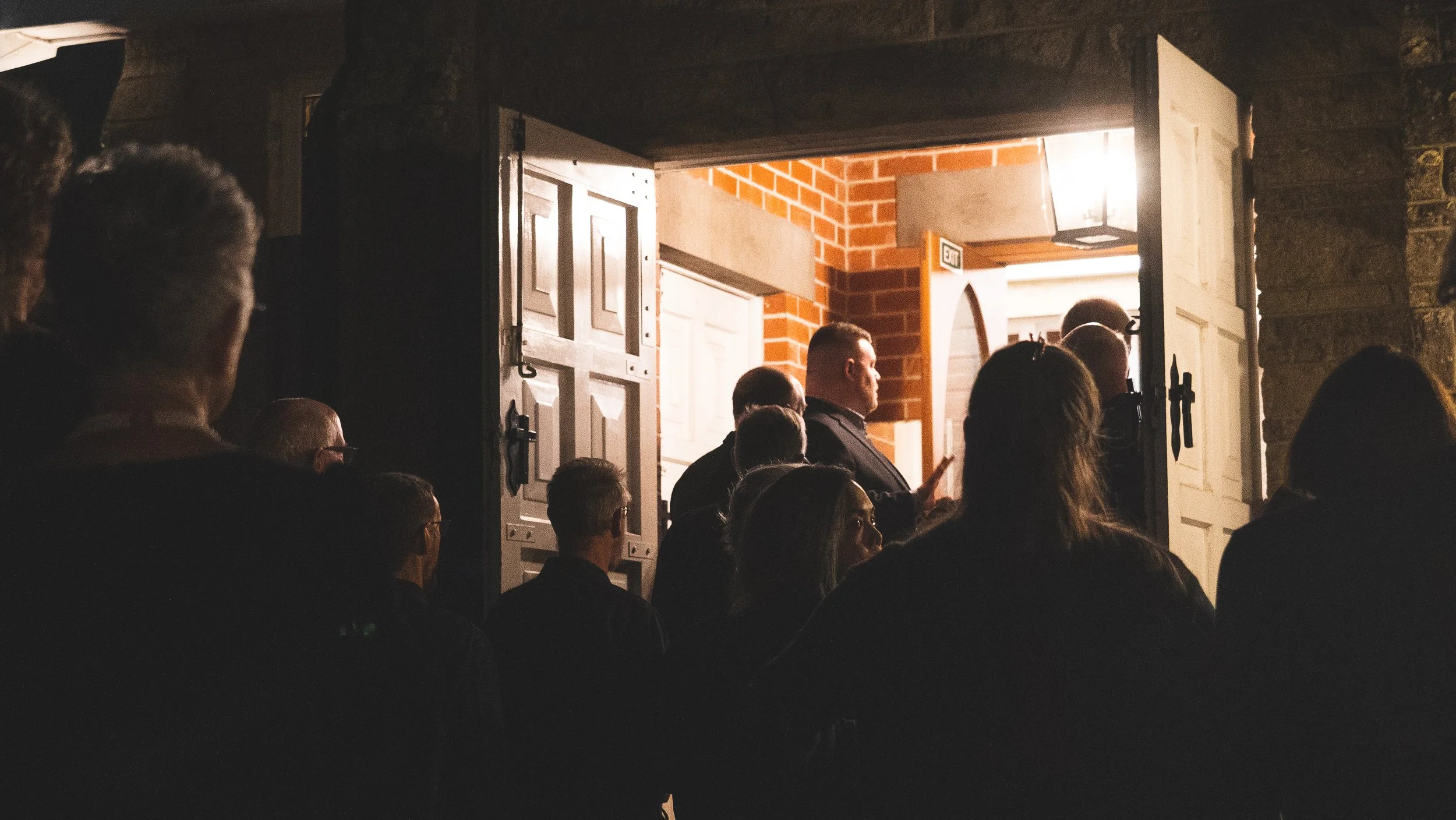2026 Concert I
HADYN: Stabat Mater
MOZART: Piano Sonata in C, K330 feat. Esha Xu
The Scholars Baroque, along with renowned national soloists, will perform the dramatic and moving Stabat Mater by Franz Josef Haydn. This is a stirring and deeply emotional work and, next to his choral masterpiece The Creation, is probably Haydn at his finest.
Immerse yourself in the profound beauty of Haydn’s music, which captures the sorrow and pathos of the Virgin Mary witnessing the crucifixion of her son. With its stunning melodies and rich harmonies, this piece is not only a cornerstone of the classical choral repertoire but also a moving reflection on love and sacrifice.
The Scholars Baroque are also pleased to welcome Esha Xu, winner of the Bay of Plenty Symphonia’s 2025 Rising Stars Concerto Competition, performing Mozart’s Piano Sonata No. 10 in C Major, K330. Esha is a captivating and talented performer who enthralled audiences at the concerto competition last year, and the Scholars are excited to share the concert stage with her in their first concert of 2026.
SINGERS WANTED
Tauranga’s Premiere Chamber Choir are auditioning singers
The Scholars Baroque Aotearoa are a chamber choir dedicated to informed performances of period music (often baroque) with an emphasis on stylistic excellence and superior choral sound.
The Scholars have availability for TENORS and BASSES to join this year.
The choir seeks singers with previous choral experience. Although not a requirement, the ability to read music at sight is an asset.
The choir also offers several scholarships for all voices of $1,000 on an annual basis which are available to high school, polytechnic or university students. Scholarship recipients are expected to be pursuing some form of study in music (e.g. private tuition, secondary/tertiary study; voice or other instrument/s). This is a golden opportunity for good musicians who have fine voices, the commitment to be part of a close-knit team, and a desire to develop first class sight-reading skills.
For more information about the Scholars Baroque Aotearoa, please go to our Scholarships page.
To make further inquiries, arrange an audition, or for more information about choral scholarships, please contact the Artistic & Musical Director at scholars@scholarsbaroque.com
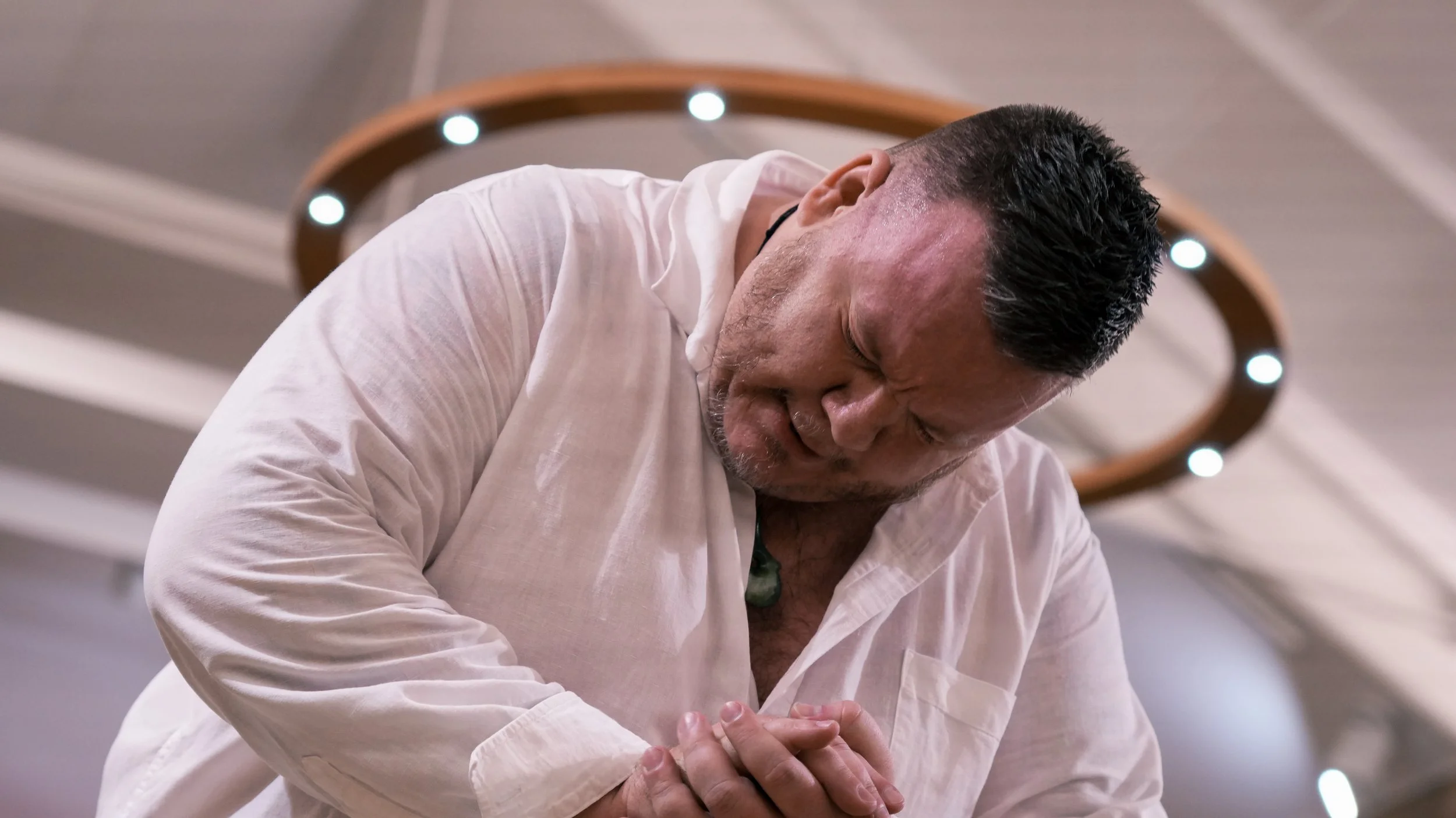
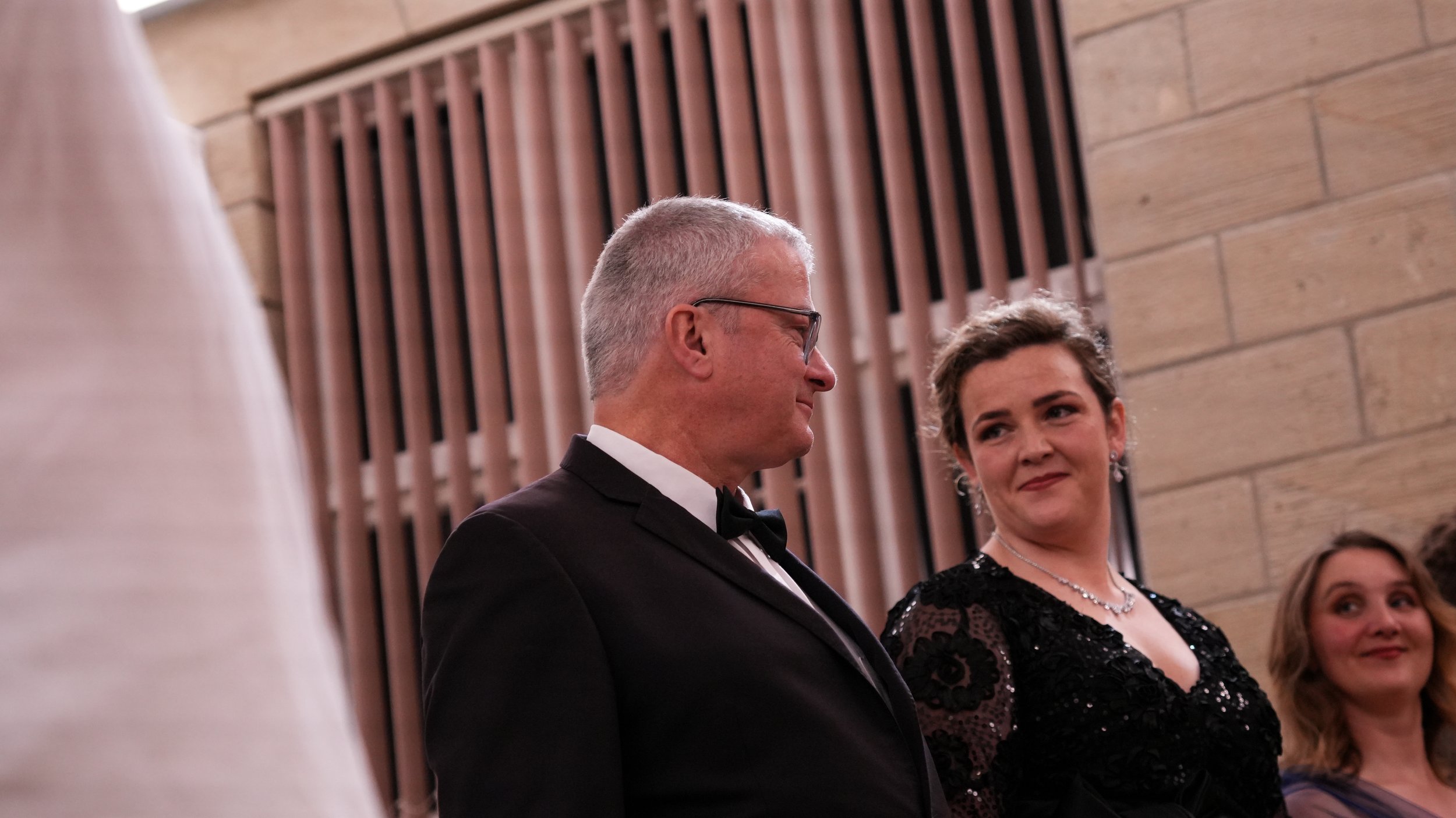
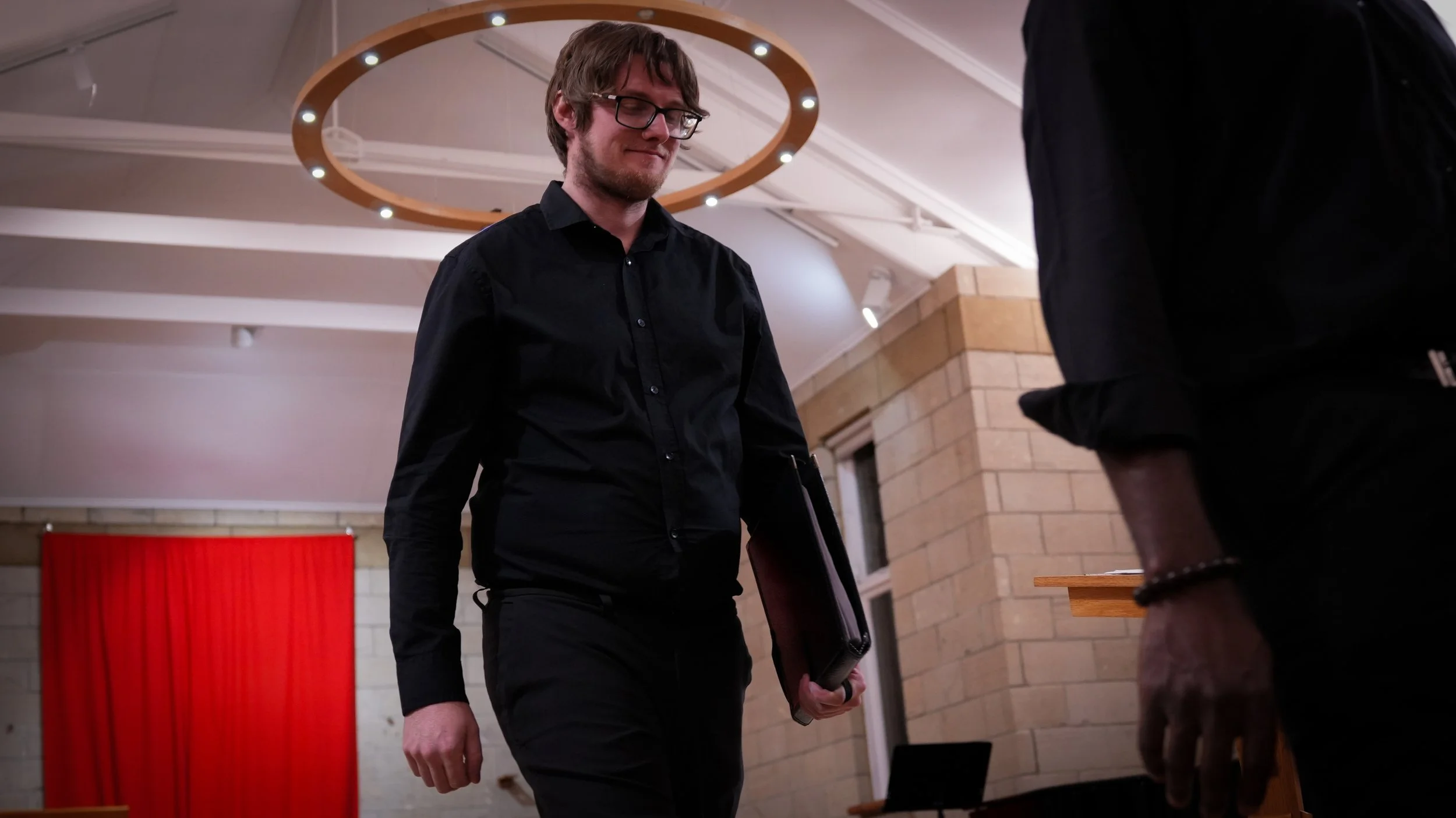
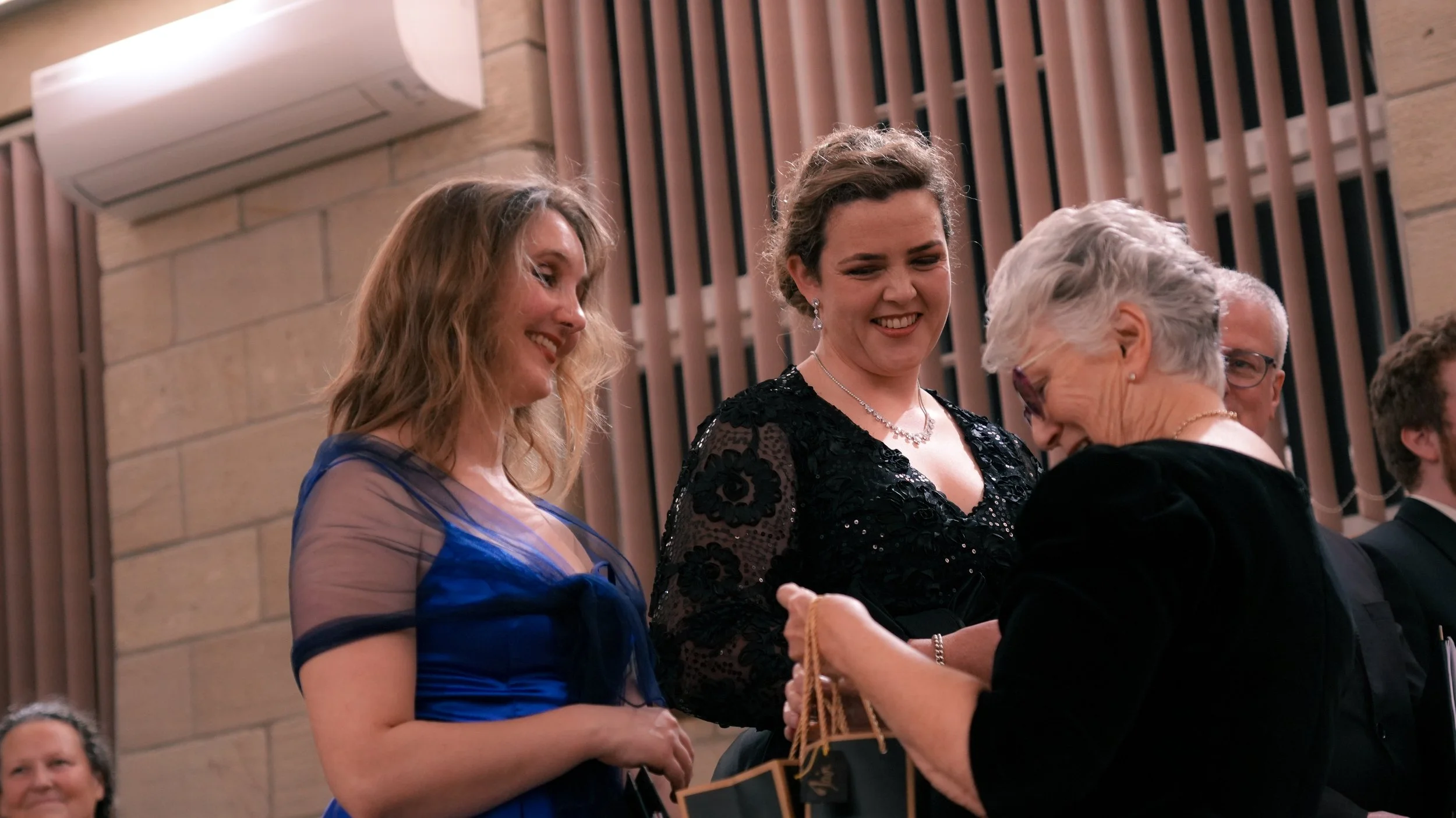
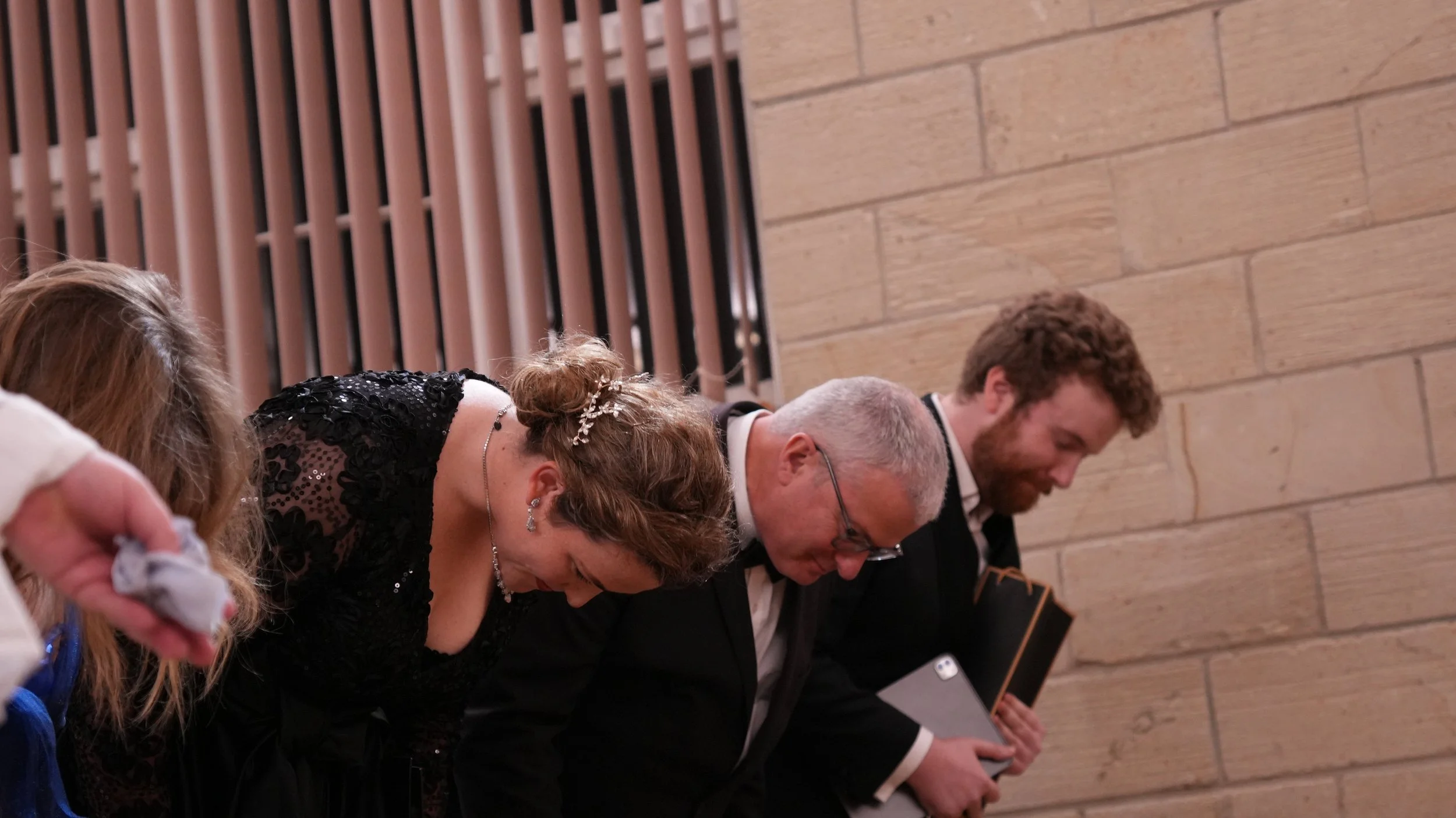
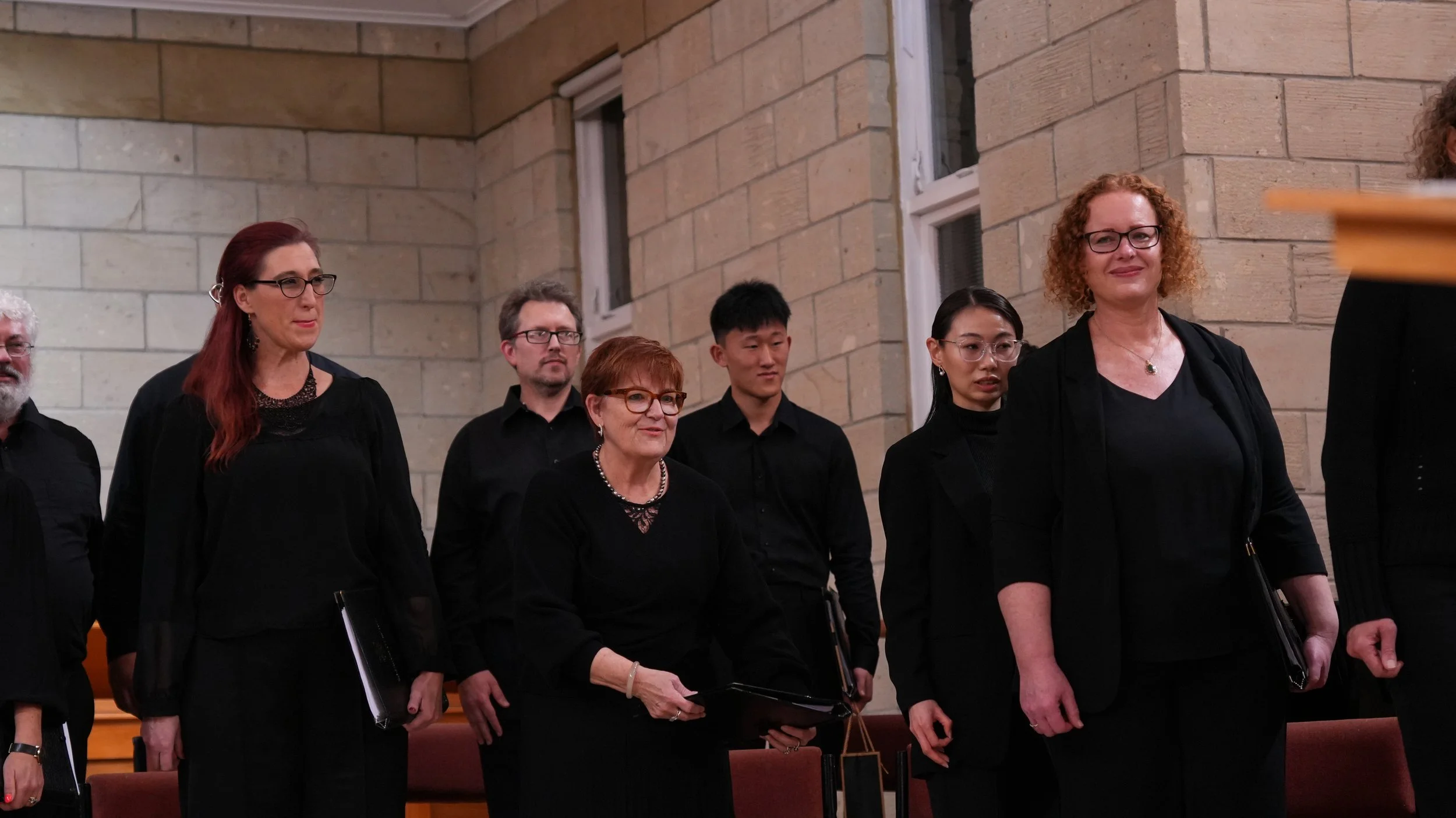
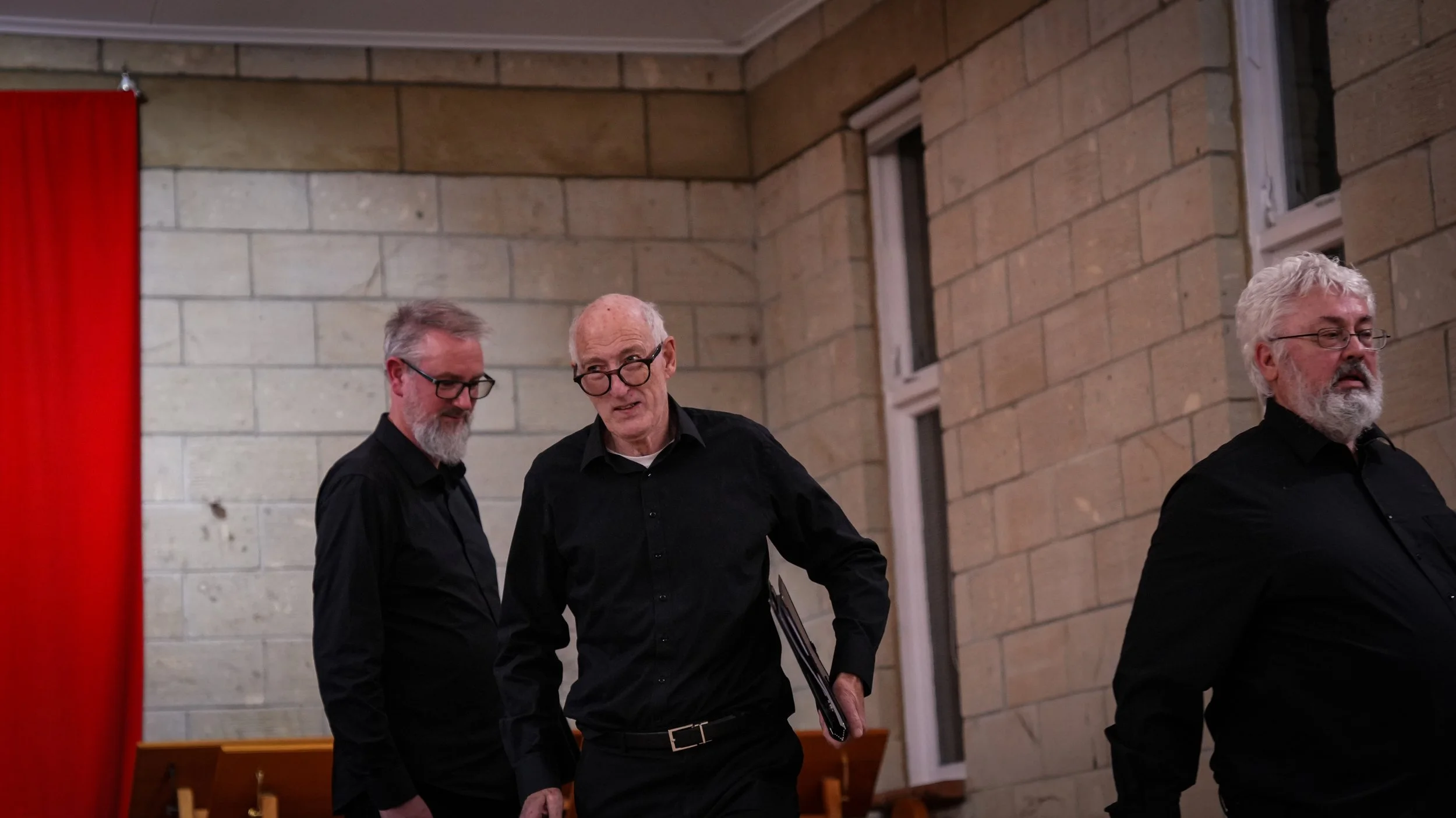
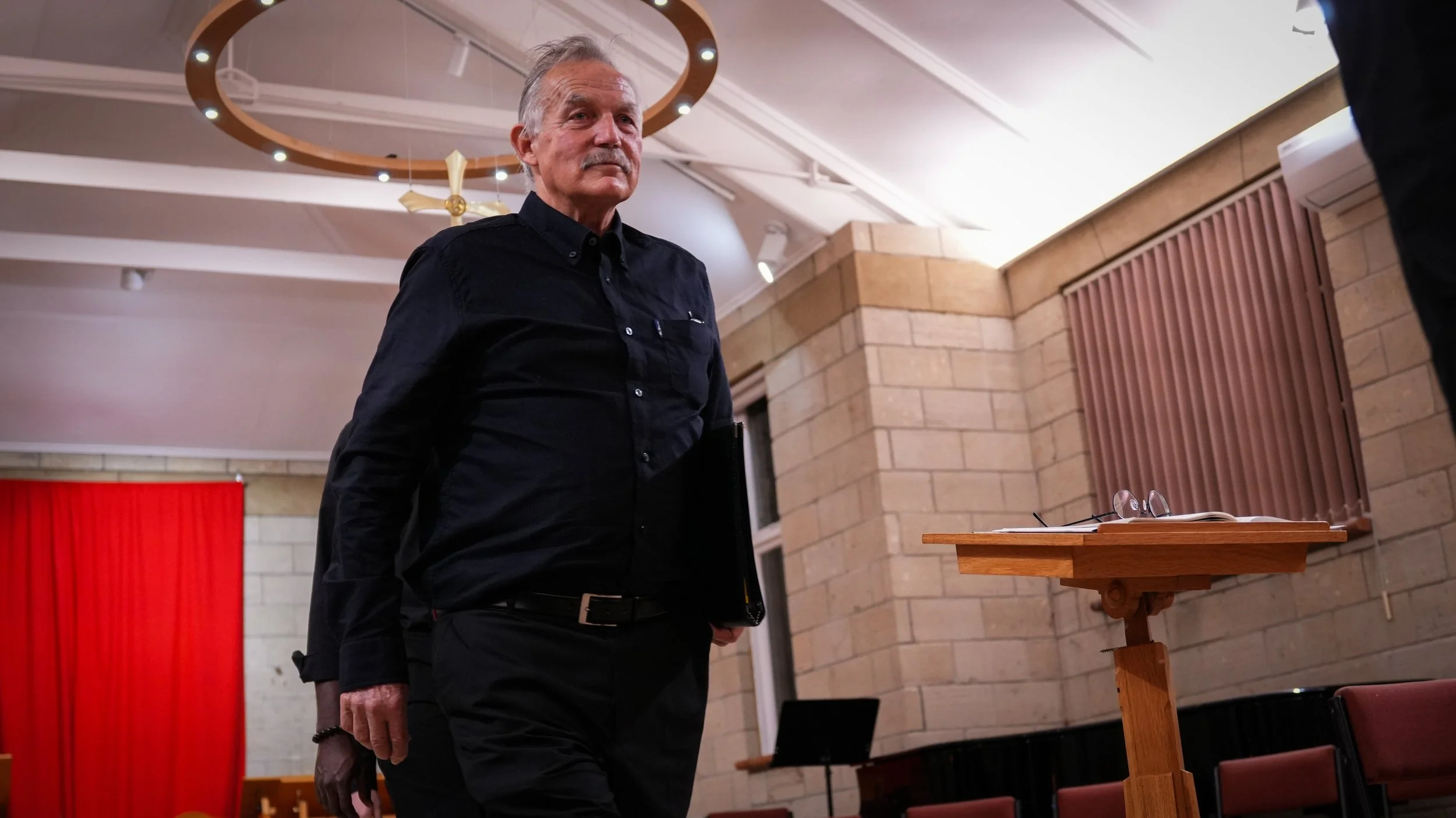
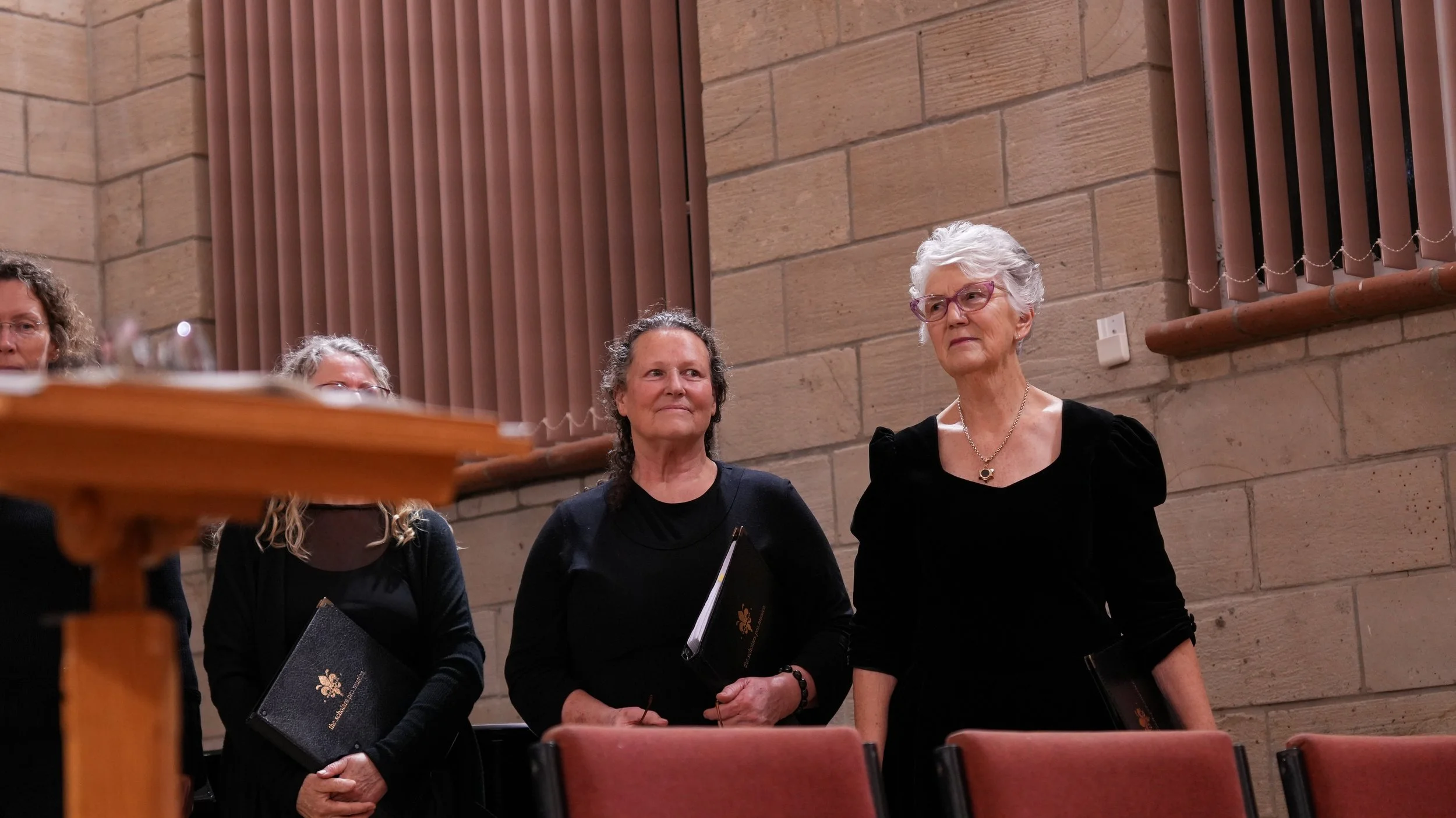
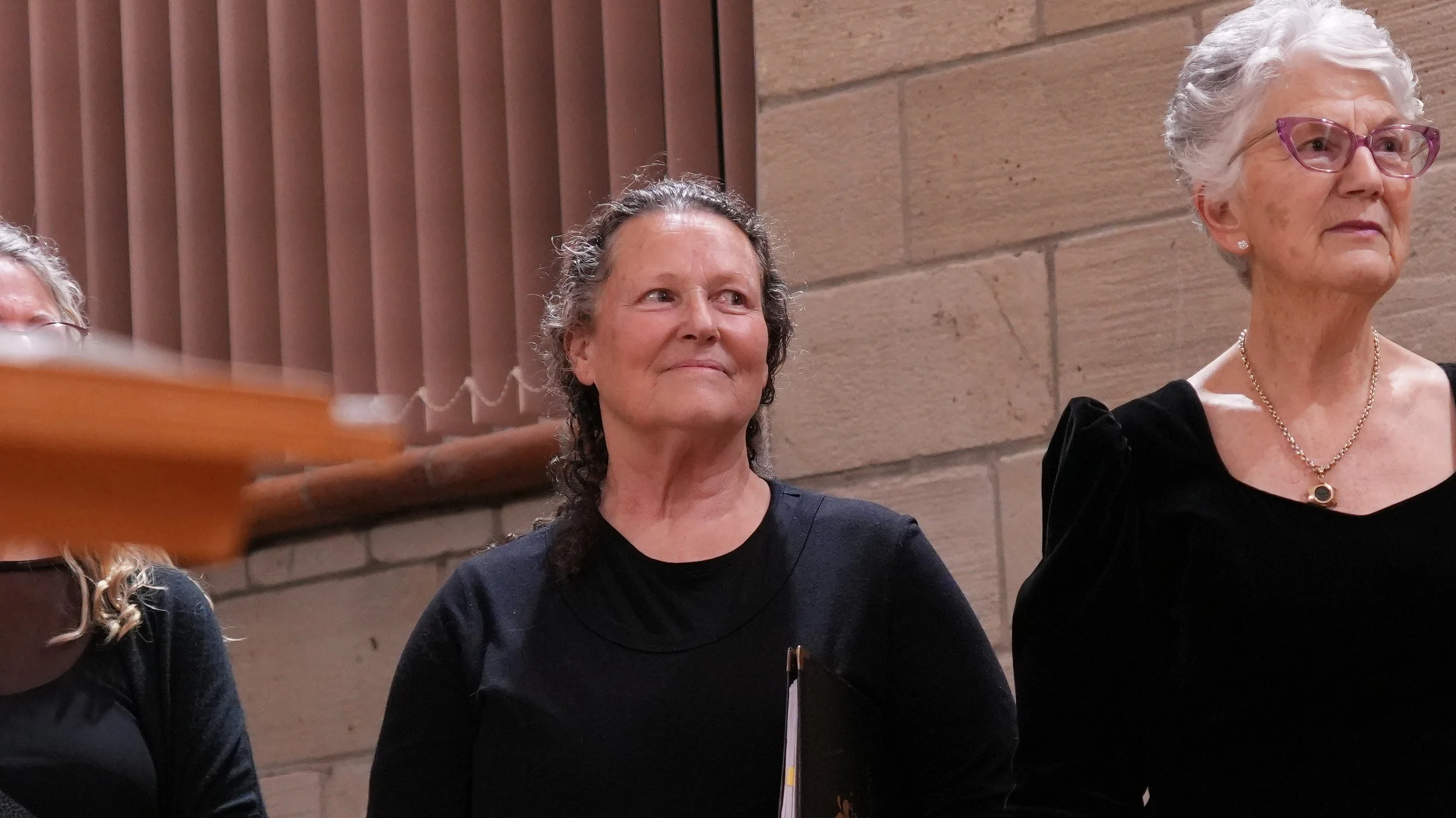
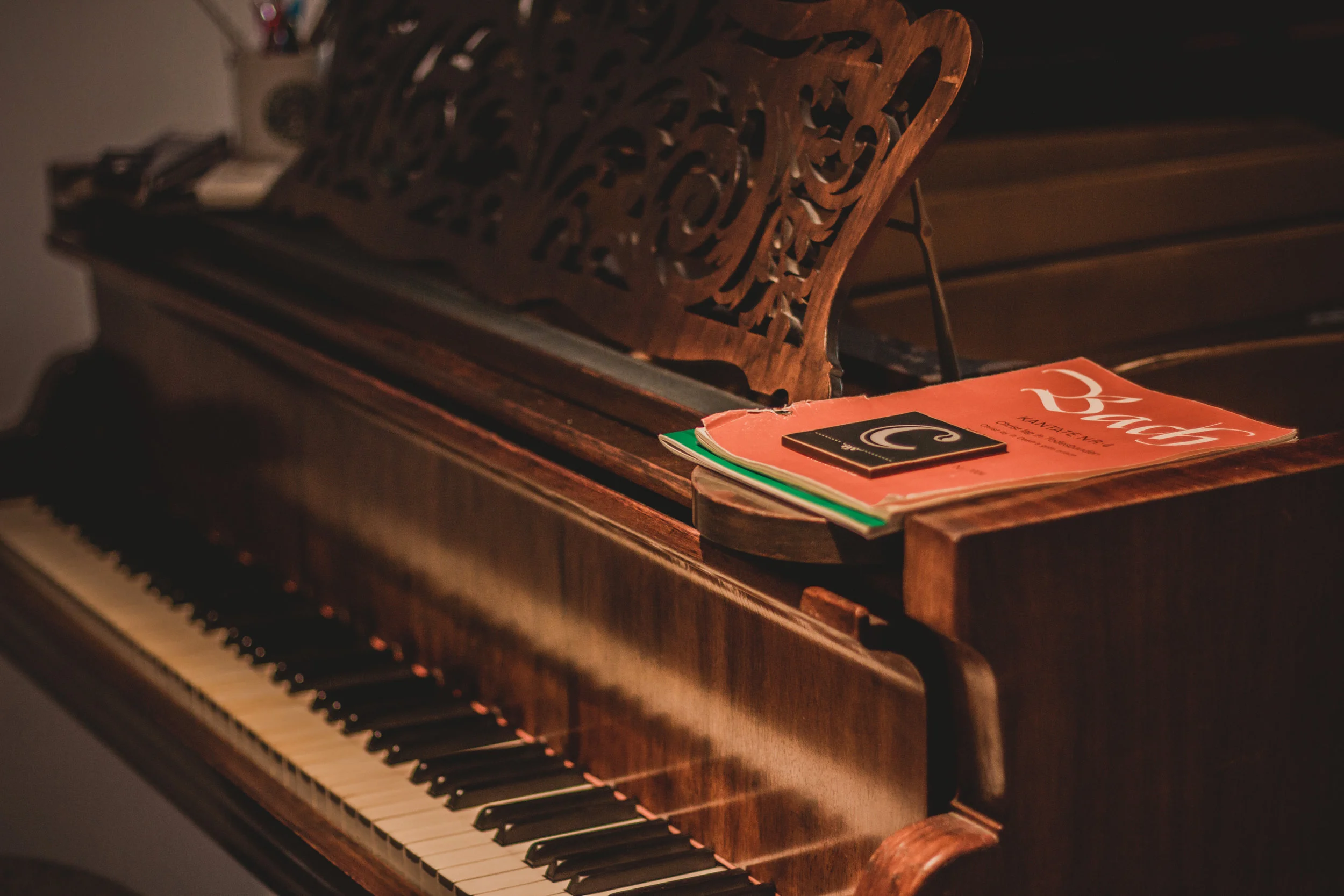
SCHOLARS BAROQUE AOTEAROA
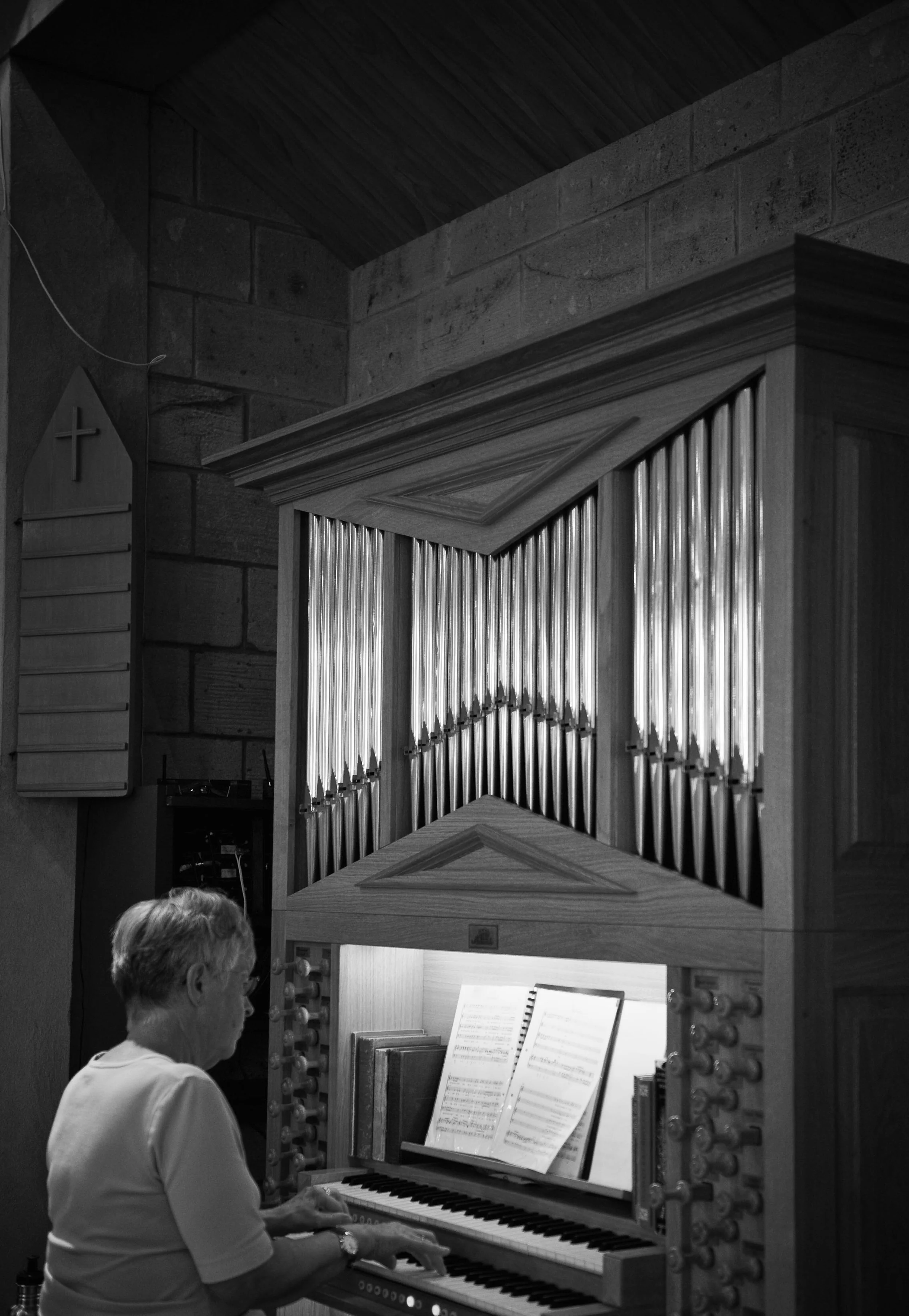
“AN ASTONISHINGLY CONTEMPORARY CONFECTION OF RAPIDLY MOVING MELODIOUS BAROQUE MUSIC"


